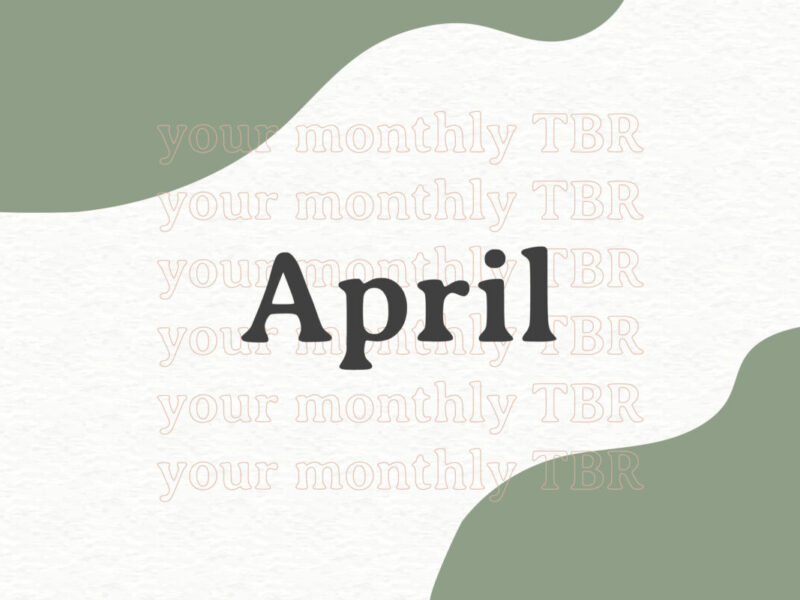6 Simple Steps to Expanding Word Choice in Your Poetry
As lovers of language, many poets have a favorite word, or perhaps several. Then, there are those words that happen to show up in our poetry again and again, ones that relate to our distinct themes or voice. While it’s not inherently bad to repeat similar words across many different poems—in fact, this can be a way of interweaving connections throughout a manuscript—knowing when to vary and push your vocabulary is an important skill for any poet. As it turns out, growing your personal dictionary might just be easier than you think with these six steps.
1. Bookmark Word of the Day pages or sign up for Word of the Day emails.
Most online dictionaries feature a “Word of the Day” as well as a related newsletter. Check out Merriam Webster’s and Dictionary.com’s take on the daily tradition. For an extra push, The New York Times provides recent examples of words used in its pages and quizzes readers on their understanding.
2. Keep a “commonplace book” of interesting words you encounter.
Commonplace books are a long-standing literary and rhetorical tradition. Put simply, it’s a method of gathering snippets of language from everyday life and preserving them all in one place. Whether you hear a funny line in a TV show, stumble upon something surprising in poetry, or love the way a friend phrases something in conversation, let the language you encounter throughout your day serve as inspiration. Keeping a commonplace book can integrate the language of others with your natural word choice, creating a larger word bank to pull from.
3. Change up and diversify your reading habits.
How would your vocabulary change if you were a reader of sci-fi, young adult fiction, or even magazines? Delving into a new genre introduces unexpected words into your repertoire.
4. Learn about a new topic.
Similarly, there’s a different set of terminology associated with every hobby, industry, or event. Therefore, learning about any new topic—from art to mountain-biking—will introduce you to dozens of word choice options, as well as help with crafting unique metaphors.
5. Highlight or underline important words in your poetry.
Many poets hone their word choice during the revision process. Taking a highlighter or colored pencil to your first draft can make editing colorful and purposeful. Focus on identifying words that are vague, cliche, or confusing, and consider how they could be strengthened.
6. Use a fun, random word generator.
This online word randomizer generates eight words for users, including nouns, verbs, and adjectives. Challenge yourself to use a few or all of its selections in a poem.




